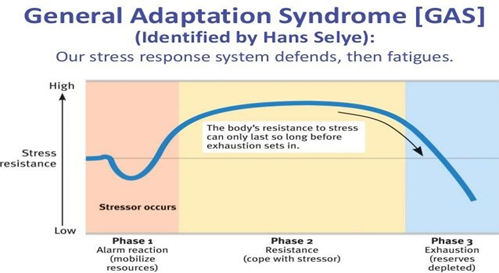Which goal is appropriate for a client who is experiencing diarrhea? The client will:
defecate regularly.
increase ingestion of fruits.
limit fluid intake.
regain normal stool consistency.
The Correct Answer is D
D. This is the most appropriate goal for a client experiencing diarrhea. Diarrhea is characterized by loose or watery stools, and the goal of treatment is to restore normal stool consistency. This goal focuses on improving the symptoms and resolving the underlying cause of diarrhea, whether it's due to infection, dietary factors, or other reasons.
A. "Defecating regularly" does not necessarily imply improvement in diarrhea symptoms or resolution of the underlying cause. It is vague and does not provide a clear target related to diarrhea management.
B. Increasing ingestion of fruits may be beneficial for some individuals as fruits contain fiber and fluids that can help regulate bowel movements and maintain hydration. However, certain fruits high in fiber (e.g., apples, pears) may exacerbate diarrhea in some cases. This goal should be tailored based on the individual's tolerance and specific dietary needs.
C. This goal is not appropriate for managing diarrhea. Diarrhea leads to fluid loss and dehydration, so limiting fluid intake can worsen dehydration and electrolyte imbalances. Adequate fluid intake is crucial to replace lost fluids and maintain hydration during episodes of diarrhea.
Nursing Test Bank
Naxlex Comprehensive Predictor Exams
Related Questions
Correct Answer is C
Explanation
C. If the stressor persists for a prolonged period and the body is unable to adapt or cope effectively, it enters the exhaustion phase. During this phase, the body's resources become depleted. The client experiences decreased energy, reduced ability to cope with stress, and may develop stress-related illnesses or complications.

A. It is characterized by the body's immediate response to a stressor, where physiological changes occur such as increased heart rate, heightened senses, and activation of the fight-or-flight response.
B. After the initial alarm reaction, if the stressor persists, the body enters the resistance phase. In this phase, physiological changes stabilize as the body attempts to cope with the stressor.
D. This phase occurs if the stressor is removed or successfully managed, allowing the body to recover and return to a state of homeostasis. During recovery, the body repairs any damage caused by the stress response and replenishes its energy and resources.
Correct Answer is A
Explanation
A. Vitamin D is often referred to as the "sunshine vitamin" because the body produces it in response to sunlight exposure on the skin. Spending more time indoors reduces sunlight exposure, which can lead to insufficient production of vitamin D in the body. Vitamin D is important for bone health, immune function, and other physiological processes.
B. Vitamin E deficiency is rare in healthy individuals with a balanced diet. It is primarily found in foods such as nuts, seeds, and vegetable oils. Deficiency can occur in conditions where fat absorption is impaired or in certain genetic disorders.
C. There are several B vitamins (e.g., B1, B2, B6, B12) that are essential for various metabolic processes in the body. Deficiencies in specific B vitamins can occur due to inadequate dietary intake, malabsorption
disorders, or other medical conditions. However, preference for indoor activities does not directly correlate with increased risk of vitamin B deficiency.
D. Vitamin A deficiency is more commonly associated with inadequate intake of foods rich in vitamin A (e.g., liver, carrots, sweet potatoes) rather than sunlight exposure. Vitamin A is important for vision, immune function, and cellular growth.
Whether you are a student looking to ace your exams or a practicing nurse seeking to enhance your expertise , our nursing education contents will empower you with the confidence and competence to make a difference in the lives of patients and become a respected leader in the healthcare field.
Visit Naxlex, invest in your future and unlock endless possibilities with our unparalleled nursing education contents today
Report Wrong Answer on the Current Question
Do you disagree with the answer? If yes, what is your expected answer? Explain.
Kindly be descriptive with the issue you are facing.
